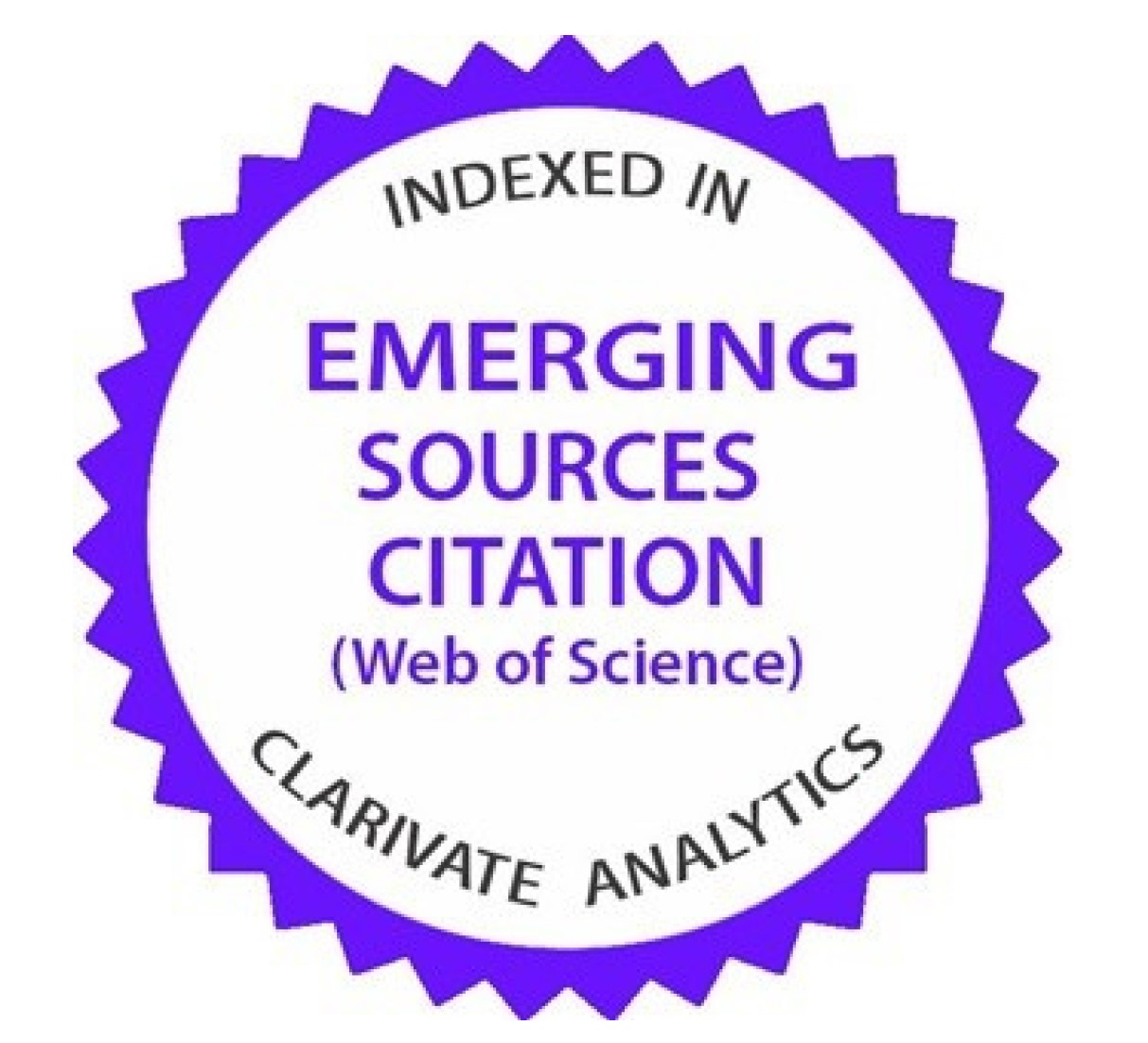Una Historia Artificial del Estudio de la mente; en busca de su “objetoâ€. An Artificial Story about the Study of the mind; looking for its “objectâ€.
Abstract
Resumen:
En diferentes momentos de la historia humana se ha buscado el lugar u origen del saber, los pensamientos y las emociones, planteando por ejemplo, que se piensa con el riñón, el corazón o el hÃgado, incluso con la sangre, ya que si se perdÃa gran cantidad de esta, se perdÃa también la conciencia. Con los actuales avances tecnológicos, se observa una curiosa sensación en los investigadores, de estar -más convencidos que nunca- que el cerebro tiene algo o todo que ver con lo mental. Sin embargo, no se deberÃa olvidar que la tecnologÃa es sólo una herramienta, no una disciplina, y por tanto, antes de maravillarse ciegamente por los avances en la técnica, se debe mirar en perspectiva el desarrollo histórico de cualquier disciplina. Como una manera de contribuir, dentro de la formación académica, a una mirada en perspectiva frente a los diversos intentos de explicar y organizar la mente, se realiza una revisión histórica de diversos hitos asociados con su estudio, reformulando sus influencias dentro de la génesis y evolución de disciplinas como; medicina, filosofÃa, neurologÃa, psiquiatrÃa y psicologÃa.
Palabras clave: Estudios cognitivos. neuropsicologÃa, estudios del cerebro. historia de la mente. historia de la psicologÃa. historia de la psiquiatrÃa.
Abstract
At different points of human history, the place where knowledge, thoughts and emotions are originated., has been looked for. Affirming for instance, that human beings think with the kidneys, the heart, the liver, or even with the blood, given that if great amount of this was lost, was also lost the consciousness. Along with the technological advances, “mind researchersâ€, are more and more convinced of achieving a complete scientific explanation of mind functioning. Nevertheless, the fact, that technology is only a tool and not a discipline itself, must not be forgotten and therefore before marvelling blindly ourselves by these advances, our duty is to make an observation in perspective about the historical development of any discipline. Like a way to contribute with the academic formation, an historical revision of diverse landmarks associated with the study of the brain and the mind is made, reformulating its influences within the genesis and evolution of disciplines like; medicine, philosophy, neurology, psychiatry and psychology.
Keywords:psychiatry neuropsychology, mind history, brain studies, history of psychology. history of
Downloads
Published
How to Cite
Issue
Section
License
Articles published in this journal are protected under the Creative Commons Attribution-NonCommercial-ShareAlike 4.0 International (CC BY-NC-SA 4.0) license. This means that authors retain full rights over their research and publications at all times. As a journal, we fully respect and promote the principles of open access established by this license, allowing the work to be shared, adapted, and distributed for non-commercial purposes, provided that appropriate credit is given to the authors and any derivative works are licensed under the same terms.
Authors are responsible for obtaining the required permission when they wish to reproduce part of the material (figures, etc.) from other publications.
Likewise, CNPs allows authors to host in their personal sites or other repositories that they deem convenient the Final and Definitive Version of the published article with the format assigned by the journal. In no case do we allow access to preprints of the article under evaluation or already published.
When submitting an article to CNPs you are aware that all the contents of CNPs are under a Creative Commons License. In which it is allowed to copy and share the contents freely, always making reference to the origin of the publication and its author.












